The Russian ban on imports was imposed on August 5 2014, so it has been in place for a full year now. The ban was imposed as an escalating diplomatic row over the Ukrainian crisis saw trade sanctions imposed in both directions between the EU and Russia.
Concerns were expressed at the time for dairy markets in particular, and it has been a year of unremitting bad news for the sector ever since. The market has deteriorated faster and further over the year – by 8c/litre in Ireland from prices of around 35c/litre to the current 27c/litre. The EU Commission has been accused of inaction, but it did add €30m to the CAP promotion programmes – a 50% increase. This created a potential total fund of €180m when co-funding is taken into consideration.
The EU says that increased exports to other parts of the world have more than offset the losses incurred in Russia.
Revenues from Russia have fallen by over €5bn from August 2014 to May 2015, a drop of over 40%. Revenues from other external markets have increased by almost €9bn, meaning a net increase of €4.82bn in the nine-month period. EU exports to the US increased by €1.9bn, a 15% rise. China spent almost €7.5bn on food imported from the EU, a 30% increase. South Korea also increased its spend by 30%, with countries as diverse as Egypt, Turkey, Australia, and the UAE recording double-digit growth.
On the face of it, this seems excellent news, and seems to fly in the face of the depressed state of the European dairy sector. However, currency fluctuations have to be taken into account when looking at value, rather than volume terms.
On 1 August 2014, a euro was worth over $1.35; by May it had fallen to $1.12. This means that while export value has have increased significantly in euro terms, the lower value of the euro accounts for much of this increase. Similarly, the euro has fallen steadily against the Chinese yuan over the last year. The big fear is that revenue gains will be reversed if the euro appreciates against other currencies. The Chinese yuan revaluations this week are having such an impact.
In sectoral terms, the increases are in meat more than milk products. However, whatever the sector, it is only when volume as well as value increases are recorded that we can be confident the product displaced from Russia has found a new home.
Sanctions to be extended
Meanwhile, reports are emerging from Moscow of the intention to extend the countries banned from exporting agricultural products. No specific countries have been named, but Japan, Switzerland, Albania, Liechtenstein, Montenegro, Georgia and Iceland have all imposed some from of sanctions on Russia over the Ukrainian situation. Ukraine itself is also on the list, having surprisingly not being slapped with a trade ban up to now, despite the hostility between the Kiev Government and Moscow.




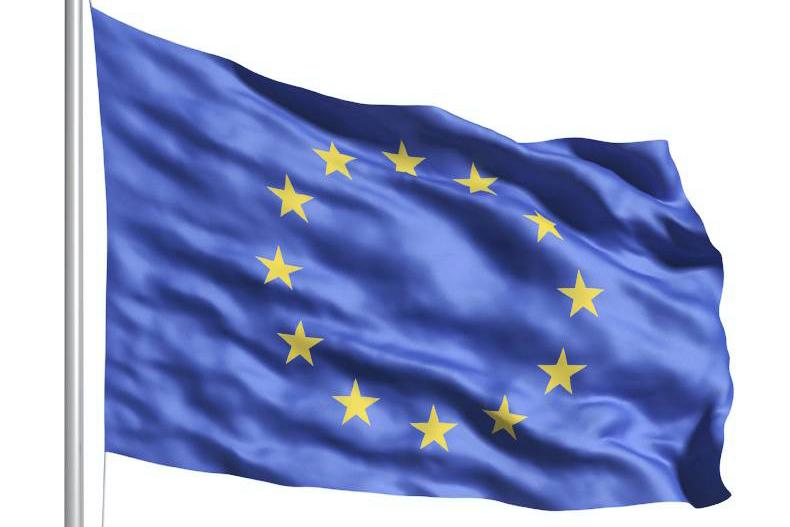
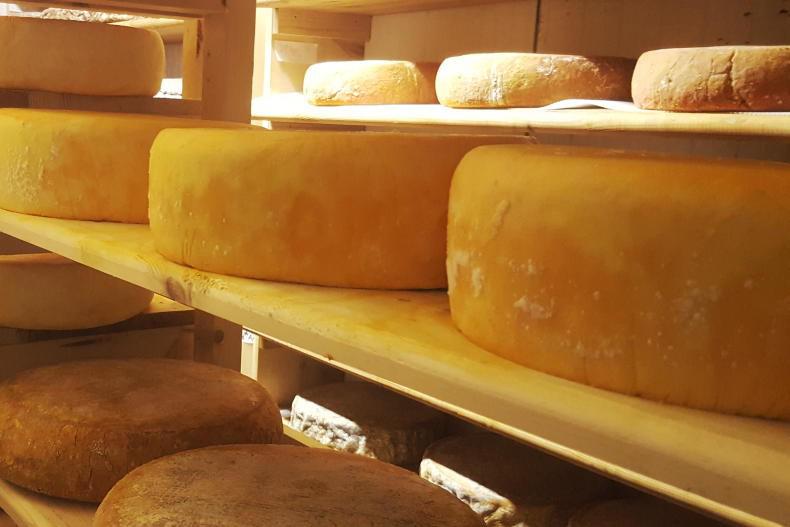

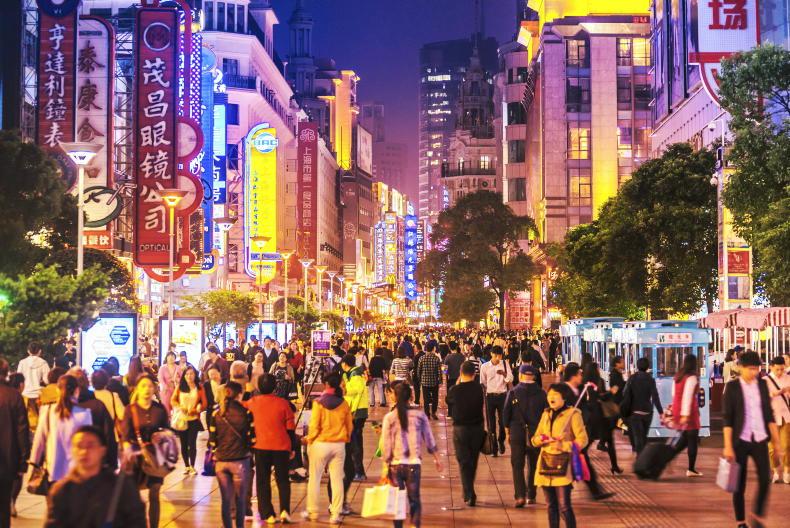
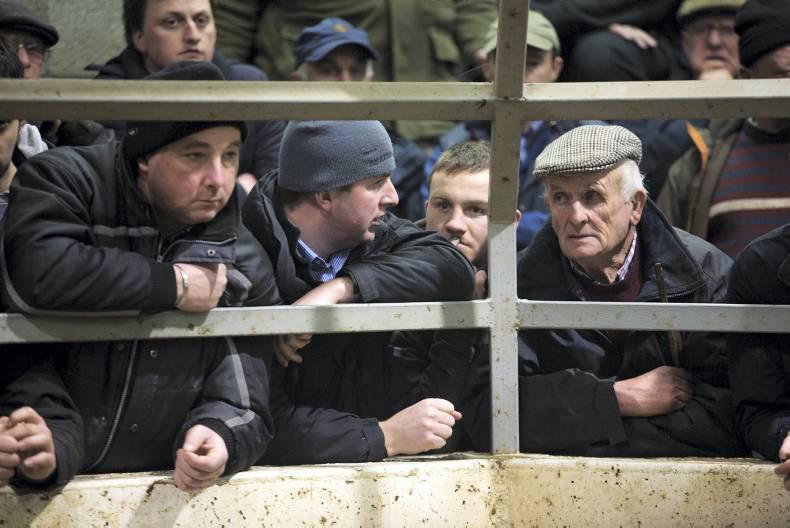
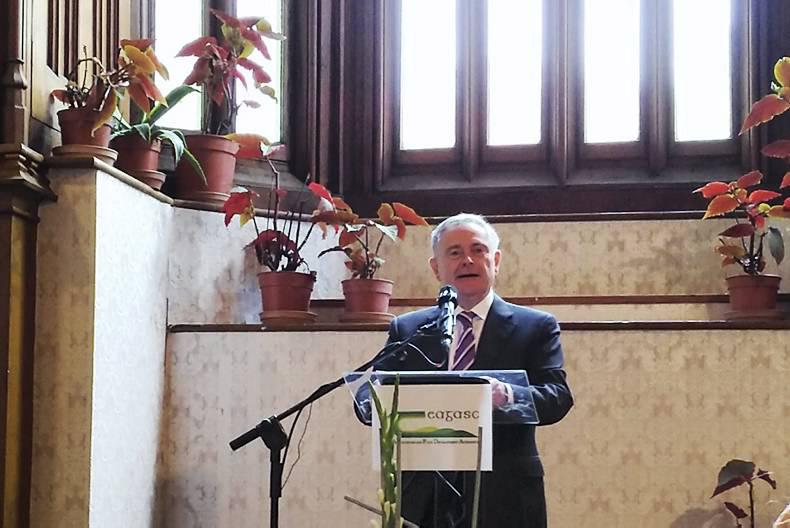
SHARING OPTIONS